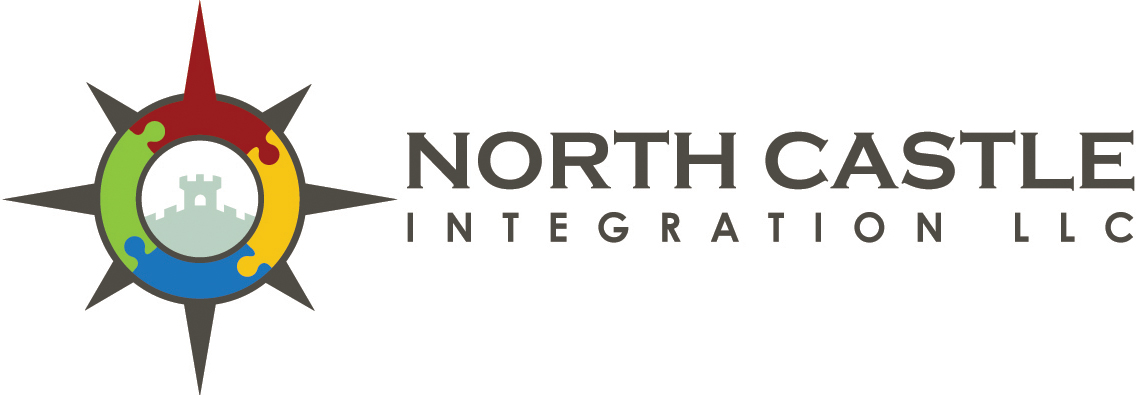Banks and other financial institutions have tripled their use of artificial intelligence (AI) for credit risk decisioning, partly as a response to the challenges of post-pandemic rebuilding. Are we doing it right?
On September 9, 2021, senior practitioners and decision makers in the financial services industry came together to examine the shortcomings and opportunities of automating the credit provisioning process.
Automated credit decisioning is designed for scale, efficiency and, in a world of blue skies and sunshine, to reduce subjective bias from the process. But the world is not perfect.
Determining the credit worthiness of an individual, a small business, or a corporate entity has real-world impacts that cannot be taken lightly. While accountability, governance and oversight is necessary, the safeguards we employ should not impair progress.
So, what is progress? Through 90 engaging minutes of conversation, this panel worked to answer that question by focusing on three key factors of AI: people, data, and algorithms. They also explored how an Independent Audit of AI Systems (IAAIS) can serve as a framework from which progress is achieved within the context of ethics, bias, privacy, trust and cybersecurity.
Quite a lot was covered in ninety minutes, so for your on-demand convenience, we have broken it down into twenty bite sized pieces. Enjoy!
